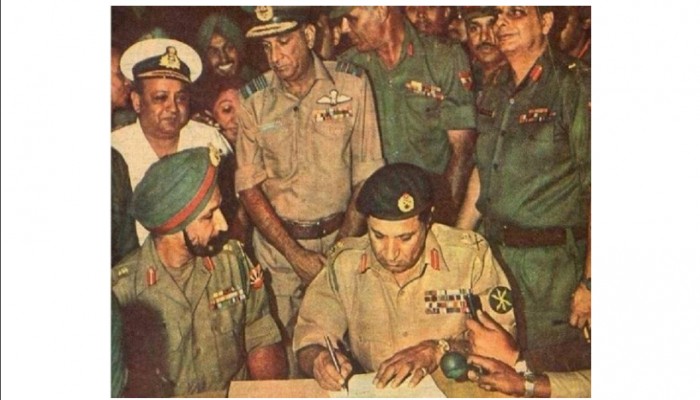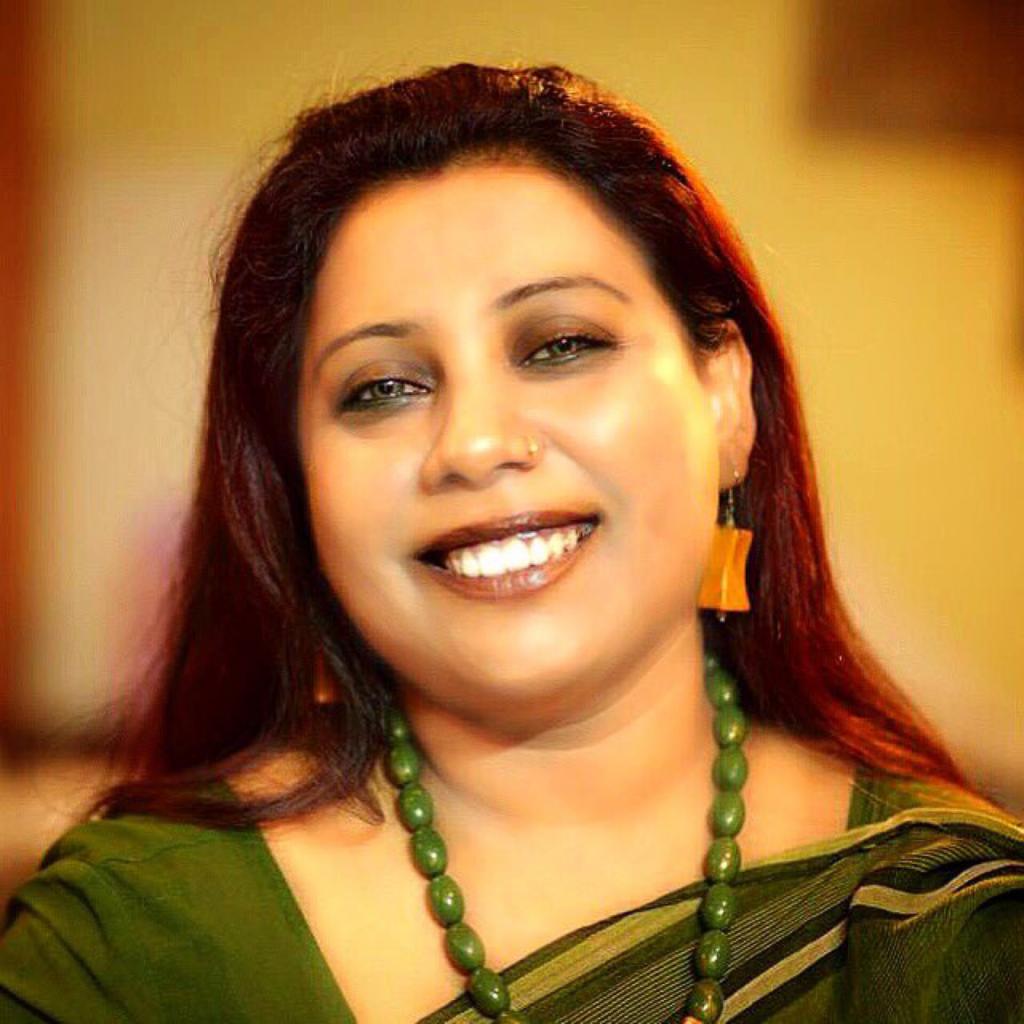The story of what led to Bangladesh getting independence from Pakistan and how East Pakistan was always mistreated by West Pakistan
- In History & Culture
- 01:01 PM, Dec 16, 2018
- Sona Roy
The modern history of the Indian subcontinent will always be known for the birth of three nations. In the year 1947 India was divided on the basis of two nation theory, into India & Pakistan which included West and East Pakistan, which is now Bangladesh. And in 1971, Bangladesh was created out of Pakistan. Almost all of us grew up listening to and reading about our Indian independence struggle along with the 1971 war which gave birth to Bangladesh, but for Bengali families like mine, who migrated from Bangladesh to escape the Pakistani atrocities, snippets of 1971 war became almost a part of our bed time stories.
As I grew up, these stories started to haunt me and at the same time intrigued me. I was not born then but what I heard from my grandparents made me live that moment of horror again and again. Eventually as I grew up I would dig more and ask “why” and that’s when my grandfather would explain why and what happened. Since the partition was based on the two nation theory, which said, Hindus and Muslims cannot coexist together, Muslims should have their separate country based on Islam, India was divided into two.
But there was a huge Muslim population on the eastern front, and they wanted to be a part of the new country based on Islam. Hence, Pakistan became a country split into two geographically, West Pakistan and East Pakistan. Though both were part of one country, there were more differences than similarities between these two parts of Pakistan. West Pakistan had almost 97% Muslim population and was significantly less liberal compared to East Pakistan which had over 15% non-Muslim minorities. East Pakistan had always faced economic exploitation by the more dominating West Pakistan which received a bigger share of revenue.
During the period of 1948-60 East Pakistan had an export earnings of 70% but it received only 25% of that earning, while most of the revenue was pumped in the Kashmir war. East and West Pakistan also faced a huge difference on religious standpoints. East was more secular and liberal compared to west, and although partitioned, East Pakistan felt closer to West Bengal from linguistic and cultural point. They share a common literary heritage. In the year 1948, Jinnah declared Dhaka as the capital of East Pakistan & Urdu as the sole official language, which became unacceptable for Bengalis and that’s when the civic unrest started. Unending protests started all over entire East Pakistan, and the Dhaka University became the bastion of pro-bangla protests.
During one such protest on 21st Feb 1952, Pakistani rangers opened fire. Many students lost their lives and that day is celebrated as Language Martyrs Day. Later on 17th Nov 1999 UNESCO declared Feb 21 as International Mother Language Day. Differences between East and West Pakistan never subsided since 1952, and got further escalated after the 1970 cyclone called Bhola which claimed half a million lives. The cyclone left East Pakistan completely devastated and faced apathy of West Pakistan when the leadership failed in responding quickly. Lack of any relief work from Pakistan army antagonized the Bengalis of east and gave a strong platform to East Pakistan’s Awami League.
In 1970 Awami League won a landslide victory in national elections- 167/169 seats in east and a majority in the National Assembly. Rightfully it was Sheikh Mujibur of East Pakistan who should have been the PM but Bhutto refused to allow & proposed 2-PM system. The Rebellion then took full force and Gen Tikka Khan who was flown to be governor, was denied an oath taking ceremony by East Pakistan judges. Om 28th Feb 1971, MV Swat, a Pakistani naval ship arrived at Chittagong port, carrying 9000 tons of arms and ammunition for the artillery and infantry units of Pakistani army, to suppress protestors. Bengali workers refused to unload MV-Swat of Pakistan navy at Chittagong port & East Pakistan rifles refused to obey commands to fire.
On 7th March 1971 Sheikh Mujibur Rehman gave a speech at Suhrawardy Udyan and called for National Assembly meeting on March 25 with his 4 points 1- Immediate lifting of martial law, 2- Withdrawal of military, 3- Enquiry of killings 4- Immediate transfer of power to the elected In this speech he mentions "the struggle this time is for our freedom, the struggle is for our independence" March 25th Pakistani army began its violent suppression of Bengali voices.. The great genocide which history largely forgot On March26th East Pakistan started the armed struggle against Pakistan forces and that day MA Hannan of Awami League declared independence over radio. Thus 26th March is considered the official Independence Day of Bangladesh and country's name came into existence.
Image Credits: GOI
Disclaimer: The opinions expressed within this article are the personal opinions of the author. MyIndMakers is not responsible for the accuracy, completeness, suitability, or validity of any information on this article. All information is provided on an as-is basis. The information, facts or opinions appearing in the article do not reflect the views of MyindMakers and it does not assume any responsibility or liability for the same.







Comments